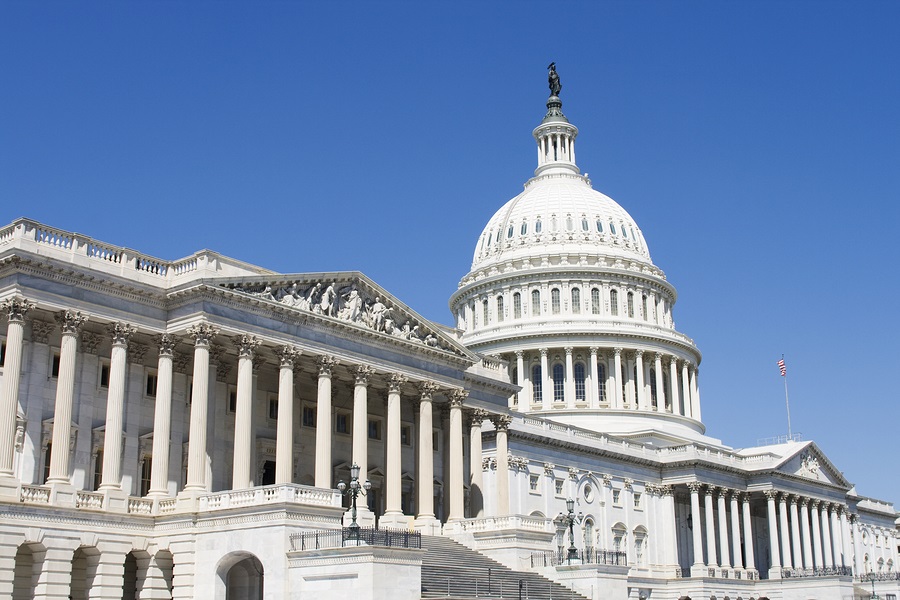This article highlights a dimension of business development that we have come to increasingly value as part of our toolbox: B2G, which stands for Business-to-Government.
While our focus is B2B business development, we regularly coordinate with public officials or government relations experts to help catalyze market access for valuable innovations. As early as 2008, government relations on both sides of the Atlantic helped us launch our first major initiative beyond expectations. In 2012, we added to our team a senior advisor who brought expertise in pursuing major public contracts with Federal agencies (larger than $100 million contracts). But we know that we can’t navigate government relations alone: when needed, we team with the right experts for our clients’ business development initiatives.
To illustrate this facet of our work, we present in this article our take on a very informative event hosted by the French American Chamber of Commerce. This article is based on Mike Arresta and Valerie Salmon’s debrief, based on panelists including our friends at Empire Global Ventures (a boutique firm that facilitates international market entry partly by leveraging government relations) and the public accounting firm Anchin.
Doing business with the government 101
Anchin panelists opened the conversation by highlighting the main reason doing business with the government can be interesting for a company: “The revenue of Google last year was $74.5 billion and the government budget allocated to the State of New York for the same year was roughly $150 billion”. Indeed, the government has a lot of money to spend every year.
Despite this very attractive advantage, there are a few hurdles to overcome. For example, the approach a company pursuing the government as client might be more challenging than with a regular non-governmental client as the government has very strict specifications concerning the vendors they work with. The government does not require its vendors to be large companies but they do need to meet their specific need(s) and criterias.
Best practices – how to do business with the government?
These challenges can be overcome, explained Alexandra Stanton, CEO of Empire Global Ventures, by understanding the importance of the specific rules the government abides by and to meet with the key people the government listens to. Indeed, getting your foot in the door is one thing; but to go further, companies need to make a commitment in time and money.
- It is essential to build relationships over time and have conversations to see what they specifically have money for.
- Raising the profile of your company through public panels, media outlet, experts or other government officials is a big plus for building awareness.
- Then it is necessary to be helped by a lobby.
However, investing time in the process is worth it because only very few companies do it and there is less competition in the public sector than in the private sector once you passed the first barriers.
Increase your cashflow with 3 governmental incentives
Richard Stieglitz and Yair Holtzman, Partners at Anchin, mentioned that if a company has a global presence, it is advised to apply for government economic incentives through the US subsidiary before demystifying the top 3 of the most useful government incentives, that can increase a company’s cash flow.
- R&D tax credit
The State of New York has enacted tax incentives for investors in Qualified Emerging Technology Companies (QETCs) and R&D investments. The R&D tax credit applies to what is new to a company and it does not necessarily have to be a ground breaking innovation. A company has to satisfy a series of criteria and show improvement in their product or manufacturing process to get a reduction in tax liability. E.g. you may obtain tax credit if you make less than $10 million in product sale but no limits apply on services.
- The NY Startup Program
This program grants 10 years to operate tax-free to eligible startups in specific sectors. Many industries are eligible such as tech, biotech, food & beverage, or transportation equipment. However, there are criteria that need to be met: a company has to be registered in the state of New York, it has to be associated with a university, and it has to create new jobs and contribute to the economic development of the local community.
- Incentives for small businesses
In the State of New York, 20% of governmental procurement money is set aside for companies with 51% ownership by minorities or women in business (MWBE). Additionally, there are grants from the State of New York to help companies grow in the US or abroad. For example, if your company is thinking about moving to another state, you might leverage this and actually get more money from the State of New York to remain here.
This article only scratches the surface… Interested in exploring further? Contact us to schedule a confidential conversation. We can work with you and partners such as those mentioned in this article, to incorporate government relations in your overall business development strategy in the US or abroad.
Additional resources: If you are interested in this article, you may also be interested in a study we have conducted which identifies relevant governmental incentives in the US that are most effective and easily accessible for specific sectors i.e. optics, communications, biotech, aeronautics and maritime technology. This study also lists the economic development agencies state by state and the best practices and methods to benefit from these incentive programs. Contact us if you wish to review this study with us.

